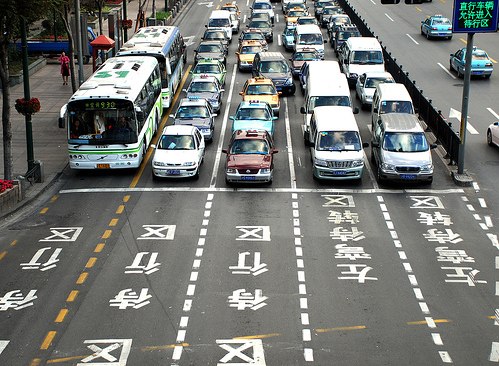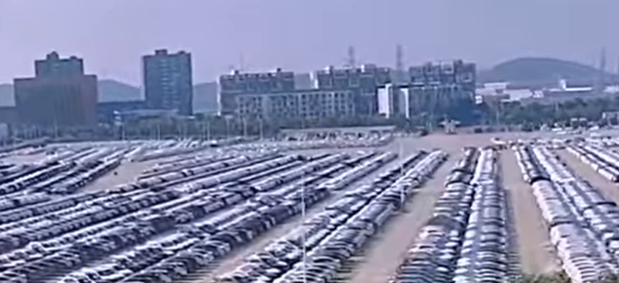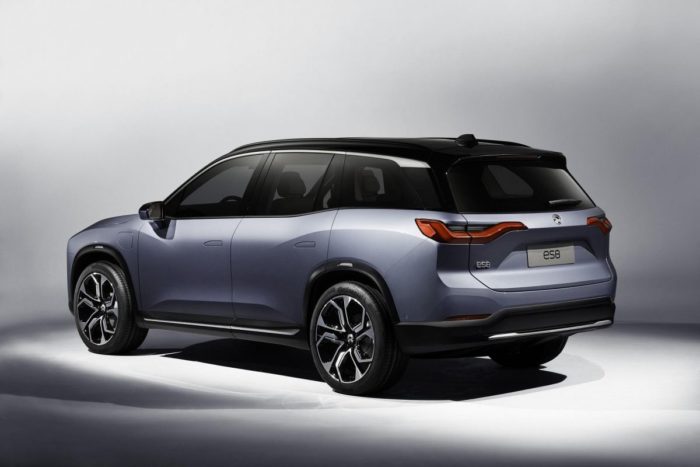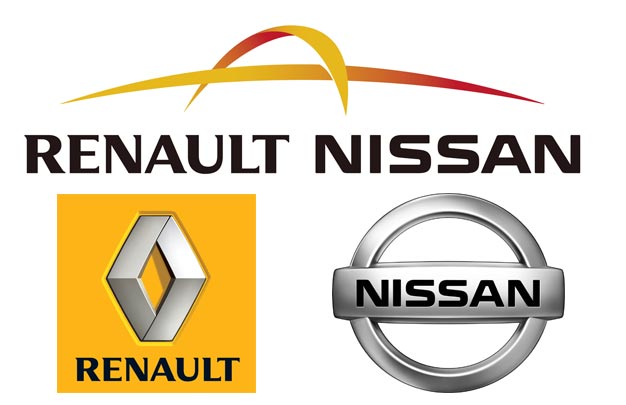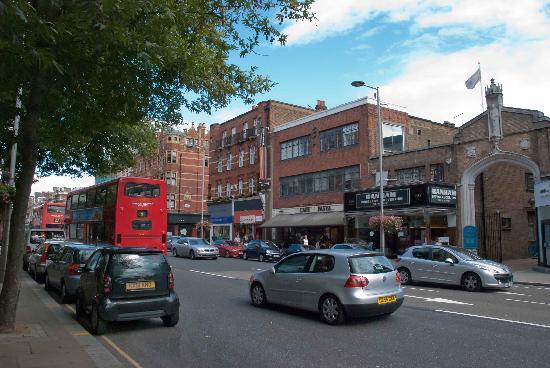Now Reading: Wuhan reopens as automakers worry about disruptions
-
01
Wuhan reopens as automakers worry about disruptions
Wuhan reopens as automakers worry about disruptions
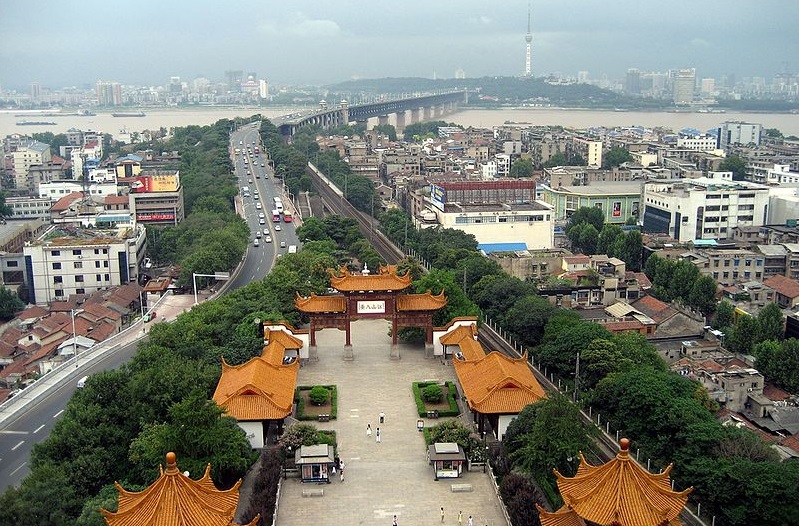
Automakers around the world face the possibility of prolonged supply chain disruptions as factories in China stutter back to life after shut downs because of the coronavirus outbreak.
The car industry is generally exposed as Wuhan – the epicenter of the outbreak – is referred to as one of China’s ‘Detroits’, accounting for almost 10% of vehicles made in the country and home to hundreds of parts providers.
Automakers are concerned about their workers’ health and the uneven and unpredictable application of regulations in different cities and regions that is making it difficult for an industry that is used to uniformity to plan ahead.
“In some cities, one worker gets infected, the whole factory where he works needs to be closed,” stated one official at Honda Motor, which has a manufacturing hub and over 100 providers in Wuhan and the surrounding area.
“In Wuhan, that has not been clarified,” he stated. “You don’t know what’s going to happen to your factory until you report an infection case to officials. It’s hard to live with that kind of uncertainty when you’re running a massive factory.”
Workers reported back to work at Honda’s other Chinese production hub, in the southern China city of Guangzhou, on February 10 and partial production resumed on February 17. Production there is still on going well below capacity because of parts shortages and logistical delays, the company official stated.
Honda is expecting to resume its Wuhan hub this week, after the lockdown is lifted or whenever authorities permit it. Together, Honda’s two China hubs have the capacity to produce 1.2 million vehicles annually, or over 20% of the company’s overall global production.
Like other manufacturers in Wuhan, automakers and parts providers are still dealing with partially blocked roads and health inspections on significant transportation arteries, which are creating issues moving around raw materials and finished parts, according to Yohei Shinoda, personnel manager for Kasai Kogyo, a Japanese company with four plants located in China producing interior door and roof trims for Honda and other car manufacturers.
“Even if we wanted to resume production, we can’t access the materials we need because of supply chain disruptions,” stated Shinoda, whose company has plants in Wuhan, Guangzhou, Kaifeng and Dalian. “On top of that, we’re facing staffing shortages at our plants.”
A joint venture between U.S. company Cummins Inc and Chinese automaker Dongfeng Motor which makes diesel engines for big buses and commercial vehicles in the city of Xiangyang in Hubei province may observe problems.
“The logistics between cities continues to be an issue, we expect it will take longer for us to get parts from upstream suppliers and send engines to Dongfeng plants in other cities,” an official of the joint venture informed Reuters.
Stay Informed With the Latest & Most Important News
Previous Post
Next Post
-
 01Polestar Boss Says It’s Time To Outrun BMW M And Mercedes-AMG
01Polestar Boss Says It’s Time To Outrun BMW M And Mercedes-AMG -
 02Spy Shots: 2027 Mitsubishi Pajero Spotted in Testing Ahead of Possible U.S. Return
02Spy Shots: 2027 Mitsubishi Pajero Spotted in Testing Ahead of Possible U.S. Return -
 03Spy Photos: VW ID. Polo GTI Goes Electric with 223 HP and 280 Miles of Range
03Spy Photos: VW ID. Polo GTI Goes Electric with 223 HP and 280 Miles of Range -
 042026 Toyota Hilux EV: A Powerful Truck with Silent Torque
042026 Toyota Hilux EV: A Powerful Truck with Silent Torque -
 05The Controversial Ford Voodoo V8 That Was Killed Off Too Early
05The Controversial Ford Voodoo V8 That Was Killed Off Too Early -
![2027 Mercedes-Benz S-Class Debuts with V8 Engine [Photo Gallery]](https://speedlux.com/wp-content/uploads/2026/01/2027-Mercedes-Benz-S-Class-33-155x125.jpg) 062027 Mercedes-Benz S-Class Debuts with V8 Engine [Photo Gallery]
062027 Mercedes-Benz S-Class Debuts with V8 Engine [Photo Gallery] -
 07Hyundai Palisade’s Breakout Year Shows How Quickly the Market Can Turn
07Hyundai Palisade’s Breakout Year Shows How Quickly the Market Can Turn


![2027 Mercedes-Benz S-Class Debuts with V8 Engine [Photo Gallery]](https://speedlux.com/wp-content/uploads/2026/01/2027-Mercedes-Benz-S-Class-33-700x394.jpg)






































